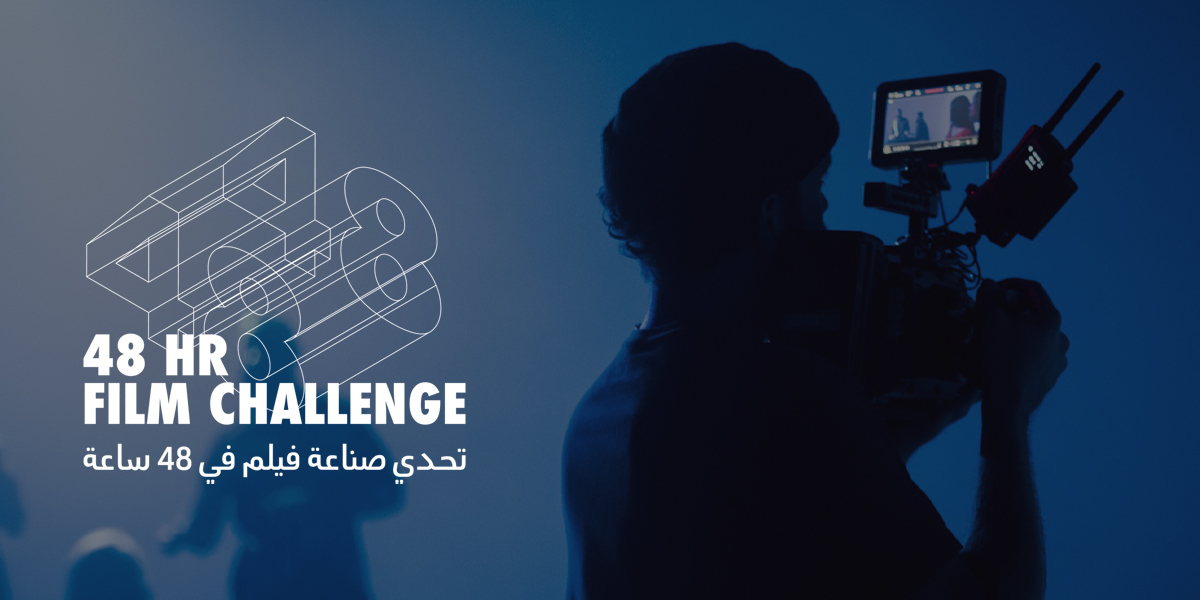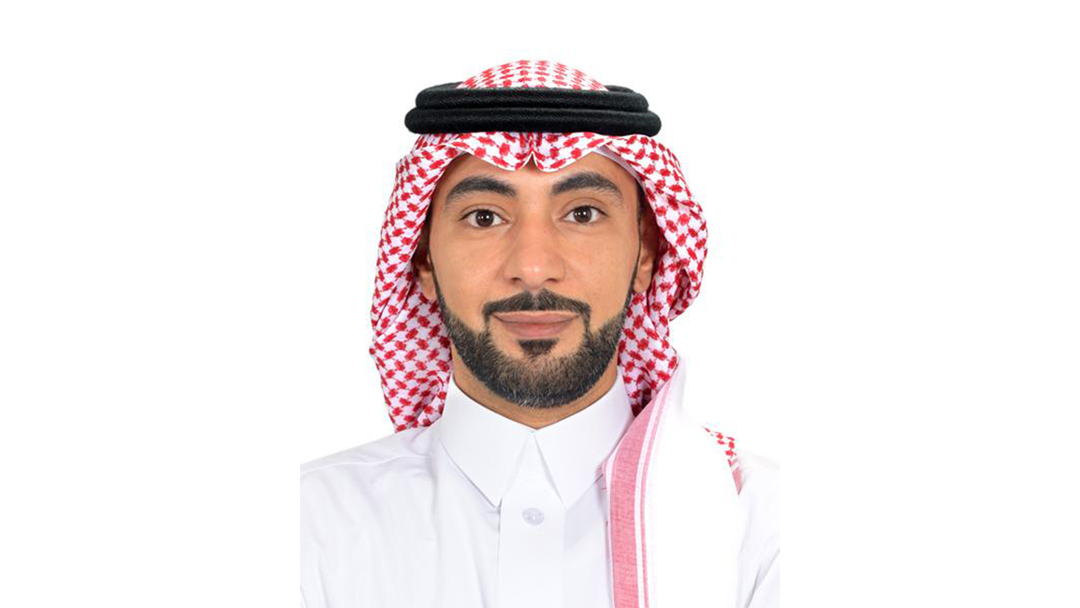The Red Sea International Film Festival today revealed their Festival Favorites selection. These films have been carefully chosen from the world’s best film festivals and will be screened as part of the Red Sea International Film Festival’s programming, bringing the best up-and-coming films from some of the world’s greatest new talents to Jeddah.
The Festival Favorites selection includes a round-up of the year’s international hits from both audiences and critics, as well as films discovered and specially curated by the festival team.
Antoine Khalife, Director of Arab Programs and Film Classics, added, “Arab directors showcase an extraordinary selection of both daring and original stories in the Festival Favorites selection. The subjects are often challenging and concerning but told with such accuracy and authenticity they bring these intimate subjects such as identity, revolution, patriotism to the screen in all forms of genre with a finesse of filmmaking that is subtle and perfect in form.”
Kaleem Aftab, Director of International Programming for the RedSeaIFF, said: “We are committed to supporting fresh talent and fostering greater recognition of diversity in world cinema. The selection reimagines the landscape of cinema and highlights the impact of African and Asian filmmakers in their own countries and also across Europe and north America.”
The nineteen films chosen as Festival Favorites include AJOOMMA, by Singaporean director He Shuming. The Oscar-submitted film, inspired by soap operas, tells the story of a widow, an over-protective mother, and K-drama obsessive Mrs. Lim. When her son has to pull out of a planned trip to South Korea touring locations from her favorite soap opera, she puts aside a lifetime’s timidity to travel there alone.”
Oscar-nominated writer and director Basil Khalil’s latest film, A GAZA WEEKEND, is a humorous and action-packed film about an English journalist, Michael, who finds himself trapped in occupied Palestinian territories after a fast-mutating virus is released from an infectious diseases’ laboratory. Despite walled-up Gaza being the safest place on Earth to hide from the virus, Michael is determined to get himself and his girlfriend Meren out. He enlists the help of two Palestinian would-be people smugglers, Waheed and Emad – although only Waheed’s wife Nuhad proves smart enough to bring the film to a pleasing pay-off.
SALAM, a documentary by Houda Benyamina, Diam’s and Anne Cissé, centers around the French rap star Melanie Georgiades (aka Diam’s), who converted to Islam, turned her back on celebrity, and devoted herself to an orphanage charity. Diam’s story raises important questions about mental health, Islamic identity, and dealing with fame, as Diam speaks for the first time about the transformative revelations she found in the Quran.
Director Firas Khoury presents ALAM, a coming-of-age film set in the occupied Palestinian territories. High school rebel Tamer and his friends are mostly committed to smoking weed and messing around in class, but when beautiful activist Maysaa’ joins his class, Tamer becomes interested in politics. Maysaa plans to replace the flag flying over the school with a Palestinian flag on National Day and Tamer must decide whether to join the struggle for real. The film explores themes of nationalism, propaganda, the symbolism of flags, and the true meaning of freedom.
GODARD SEUL LE CINEMA is a documentary by Cyrille Leuthy about the French-Swiss director Jean-Luc Godard, who left a legacy of around 140 films on his death. Leuthy’s documentary paints a portrait of the human side of this obsessive cineaste, using interviews from many people who worked with him coupled with clips from Godard’s films.
In a film based on real-life events, Alice Diop dramatizes the trial of a Senegalese student who drowned her child in the sea near the town of Saint-Omer in 2013. The film, titled SAINT OMER, re-casts Diop’s own first-hand experience of the trial in the character of Rama, a literary academic writing a paper on Medea, the figure from classical mythology who kills her own children. As Rama watches Laurence defend herself during the trial, she finds herself identifying with this young woman and her experience of having her agency and identity denied by others.
Based on a graphic novel by Marya Zarif, DOUNIA AND THE PRINCESS OF ALEPPO wraps the hard facts of the refugee experience inside a feast of fantasy, with an animation style inspired by Syrian tradition and embellished with oud and flute music. The story follows six-year-old Dounia who is forced to leave her home in Aleppo after her father is taken away in the middle of the night. She is supported by her kindly grandparents and the guiding spirit of the Princess of Aleppo – a character conjured for her by her father’s stories about Dounia’s mother, who died when Dounia was too young to remember her. The simple, charming animation and the infectious optimism of Dounia will delight children and adults alike.
In another work of fiction inspired by fact, UNDER THE FIG TREES evokes the sights, smells, and sisterly gossip of a team of fruit-pickers who travel each day to an orchard in northern Tunisia. The film follows the women through the orchards, observing their delicate work with the fragile fruit while seemingly eavesdropping on their conversations, mutual confidences, shared jokes, and intermittent bickering. The film is infused with a sense of changing times: older and younger workers, students, and housewives all have plenty to say about the future of women in Tunisia.
THE BLUE CAFTAN is a story that revolves around the relationship between Halim and Mina, a hardworking and affectionate couple who make traditional Moroccan caftans. When a new apprentice, Youssef, joins them, Mina begins to see her husband differently. Director Maryam Touzani and her three exceptional actors step up to a complex subject with sensitivity and courage, pointing the way to a society where tradition and tolerance can flourish together.
Elements of film noir and a murder mystery thriller combine in Youssef Chebi’s ASHKAL, which is set in the eerie, abandoned Gardens of Carthage development in north Tunis. The authorities initially dismissed the burnt body of a night watchman as a suicide, but when one body is followed by several more, there is a suggestion that these deaths are not only connected but may presage another moment of political reckoning for the country. Troubling and atmospheric, the mystery deepens without reaching closure in this fascinating and unsettling film.
THE GRAVITY, from director Cedric Ido, combines gritty French urban drama with a Japanese anime aesthetic in a unique combination. At the center of the story are brothers Daniel, a professional athlete, and Joshua, a wheelchair-bound drug kingpin. Tension mounts when their former friend Christophe returns from prison, while under a reddening sky, eight planets are aligning and sending gravity haywire.
RICEBOY SLEEPS is a study of a Korean mother and son as they assimilate to life in Canada, which won top prize in the Platform section of the Toronto International Film Festival. Orphan So-young is determined to give her son all the love and advantages she never had, but Dong-Hyun is bullied at school and advised by teachers to change his name. He copes by dying his hair blonde and adopting an attitude, while his mother calmly takes her dictionary to doctors’ appointments.
In LIVING, a reimagining of Akira Kurosawa’s 1952 masterpiece IKIRU set in London, Mr. Williams (Bill Nighy) is a management functionary in a council planning office. For 30 years, he has ensured that there is no antagonism and no voices raised in his office, sliding anything that requires action – such as a mother’s petition for a playground – to the bottom of his in-tray. Only when he is diagnosed with terminal cancer does it hits him how much of his life he has squandered. He resolves to do something worthwhile: get that playground built.
Set in Romania in 1972, METRONOM centers on 17-year-old Ana, who is more concerned about a boy she likes than politics but finds herself at a classmate’s house party listening to the Doors on Radio Free Europe as her friends make plans to resist Communism. After being humiliated by her crush, Ana goes for a walk to clear her head but returns to find the house full of secret police interrogating the revelers.
Through an artistic series of narrative jumps shot in black-and-white, Korean director Hong Sangsoo portrays a selection of conversations within the same apartment block in his rich but perplexing film WALK UP. A film that centres on a director trying to come to terms with the pandemic forcing him to stay at home for an extended period of time.
FALCON LAKE is a sensitive story of first love by actress-turned-director Charlotte Le Bon. Two teenagers develop a close bond when thrown together on a family holiday in Quebec, where they are staying in a cabin by an eerily dark lake in the woods. 13-year-old Sebastien is fascinated by 16-year-old Chloe, who sneaks wine and cigarettes, gets asked out to parties by older guys, and is sleeping – along with his little brother – in a bunk tantalizingly adjacent to his own. Initially reluctant to hang out with a younger boy, Chloe is drawn to Bastien’s humor, sensitivity, and dance moves; the two become inseparable.
In SONNE, Kurdish-Austrian director Kurdwin Ayub draws on her own life experiences to tell the story of Yesmin, who wears a hijab in public but also films her best friends Bella and Nati twerking in her mother’s prayer garments for TikTok. When they suddenly go viral – Yesmin’s mother is appalled, but her father proudly shows the clip to his friends – the girls being asked to perform in costume at Kurdish parties. The film is an extraordinary coming-of-age story about being a young Muslim in Europe that will make you laugh, cry and sing.
Based on real events, Fatih Akin’s film RHINEGOLD moves with infectious energy and a rocking soundtrack through the life of German rapper Xatar. The film opens with Xatar being tortured by fellow inmates in a Syrian prison as they try to get him to reveal the location of a stash of gold. The experience takes him back to his first incarceration as a child with his parents in revolutionary Iran.
The documentary A.K.A. follows the lives of three Indian lookalikes, or ‘duplicates’, who make a living by imitating Bollywood megastars. Documentary director and producer Geetika Narang Abbasi profiles three career duplicates – Kishore Bhanushali, who doubles as Dev Anand, Firoz Khan the Amitabh Bachchan lookalike, and Prashant Walde, who makes a living mimicking Shah Rukh Khan. The documentary teases out their feelings about living their lives as mirror images of the famous with respect and sensitivity.
The films will be screened during the Red Sea International Film Festival, taking place between the 1st and 10th of December 2022 in Jeddah.




